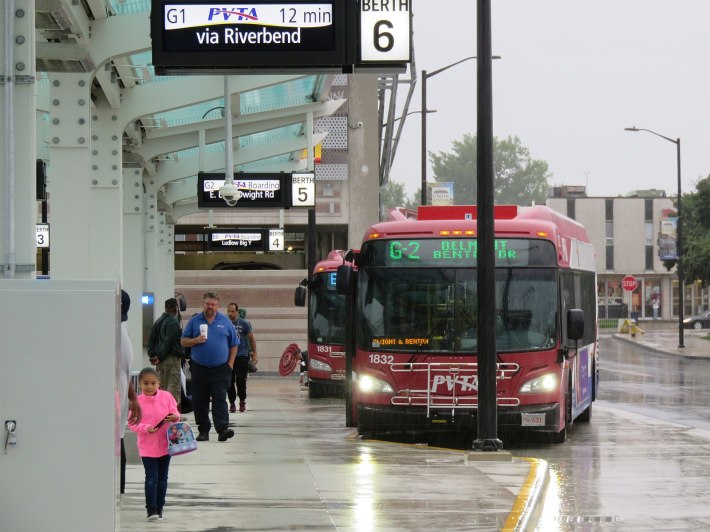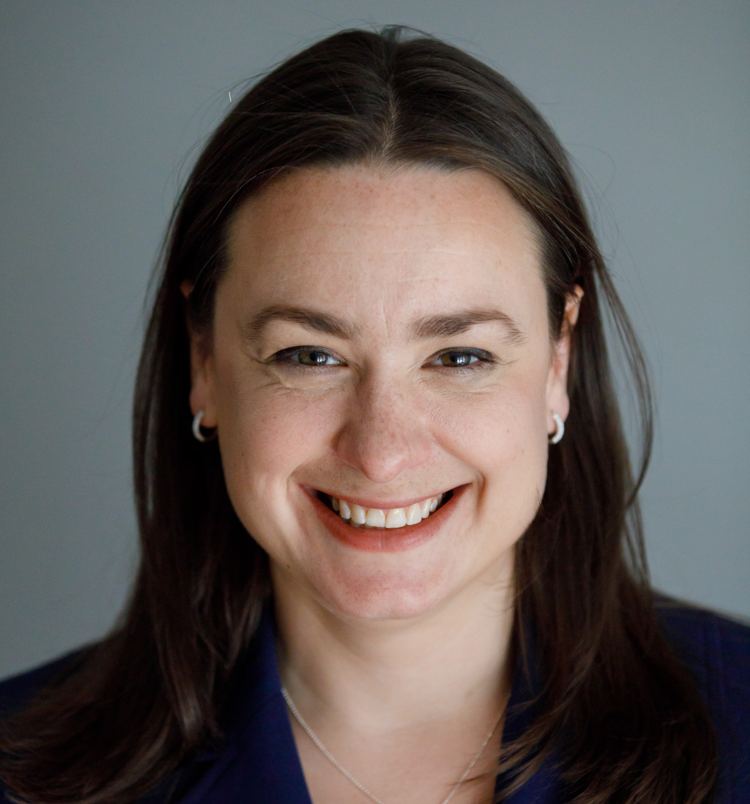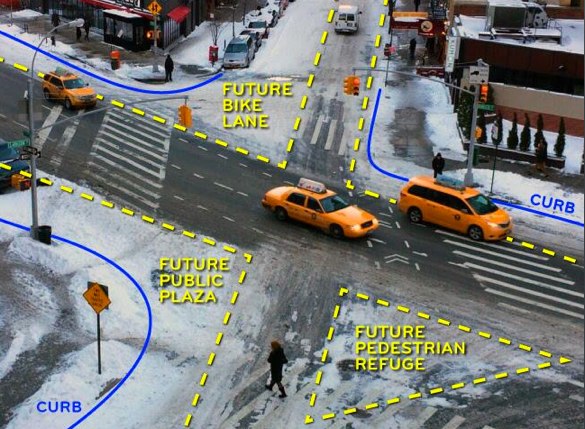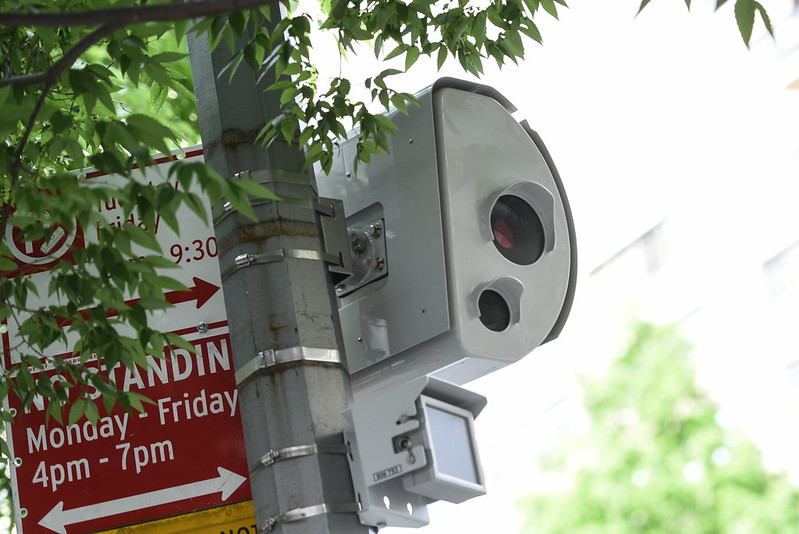State Representative Lindsay Sabadosa of Northampton, a Democratic member of the legislature's Joint Committee on Transportation, is pressing for a dedicated source of state funds for the fifteen transit authorities that operate outside of the Boston metropolitan area as lawmakers debate details of a new transportation funding bill this month.
In a phone interview with StreetsblogMASS on Tuesday, Sabadosa said that while much of the transportation funding debate has focused on the MBTA's needs, she wants to make sure that legislators also improve conditions for the state's fifteen regional transit authorities (RTAs) that operate beyond the MBTA's service area in greater Boston.
"One of the big asks this year - and we’re we’re going to be serious about it - we need a dedicated stream of revenue for the RTAs," said Sabadosa. "The MBTA has its dedicated sales tax (a one percent slice of the state sales tax), but for the RTAs, every year we need to fight for level service funding."

The state's RTAs have suffered considerably in recent years from state budget cuts. The largest of the RTAs is the Pioneer Valley Transit Authority (PVTA), which serves Sabadosa's district. Ridership on PVTA buses declined from 12.2 million rides in 2016 to 10.1 million rides in 2019 after a streak of lean budgets forced the agency to raise fares and cut service.
"The current level of service is not at all convenient. It's not working for people," continued Sabadosa. "I do office hours on the buses; last month I met a father who has joint custody of his child, and every Friday afternoon he has to take the bus to Springfield to pick up his kid after school and it's a four-hour round-trip each time. That’s not practical.
"We’re putting people into ridiculous situations were they already have impediments to being able to work full time. So it's really not enough with $90.5 million (the current level of funding). We need $114 million. It really almost needs to be doubled."
Sabadosa also expects that the next transportation funding bill will include some form of gas tax increase, and suggested that if it does, better RTA services in more rural areas of the state could mitigate the tax increase's effects on lower-income, car-dependent households.
"The gas tax is regressive," said Rep. Sabadosa. "We do need to have a culture shift away from carbon. But (raising the gas tax) gets harder in western Massachusetts where people have fewer options."
Sabadosa also expressed a desire for the state to invest more in rail transit to the western part of the state, including continued funding for the new Valley Flyer service beyond its pilot phase and a new higher-speed rail connection that could serve commuters between Springfield and Boston.
"More and more people are waking up to the fact that east-west rail can be a reality. It’s an 80 mile trip from Springfield to Boston," said Sabadosa.
The window of opportunity for a major new transportation funding bill is closing fast. Today, Governor Baker released his own appropriations budget proposal for 2021, which included a small increase for RTA funding (from $90.5 million in 2020 to $94 million - a four percent increase).
That figure is unlikely to change significantly unless legislators can agree on new taxes and fees to pay for the state's transportation needs. House Speaker Robert DeLeo missed a self-imposed deadline to pass a transportation funding bill before the end of the 2019 session; in more recent reports, DeLeo has said that he wants his chamber to approve a financial plan for the state's transit agencies before it takes up the larger appropriations bill this spring.






